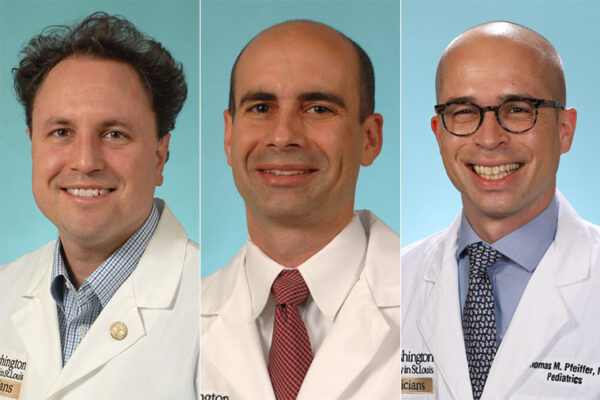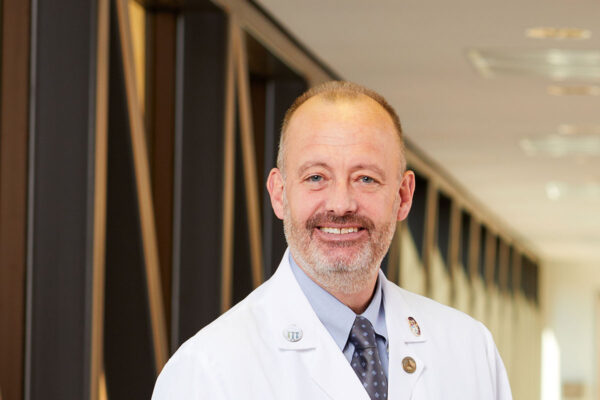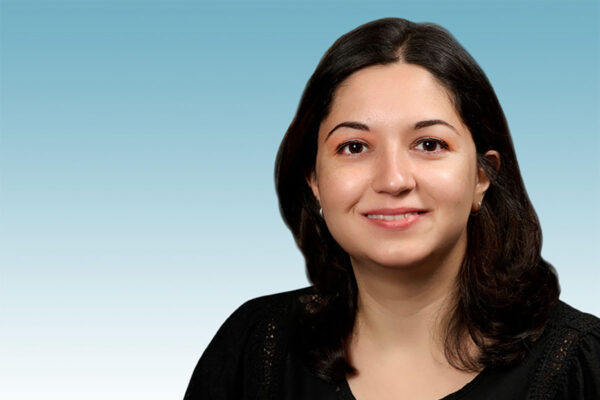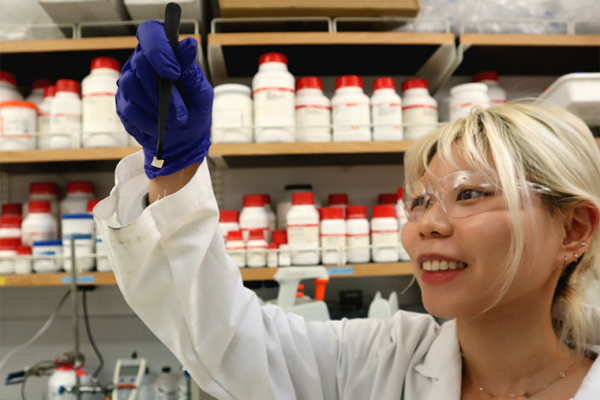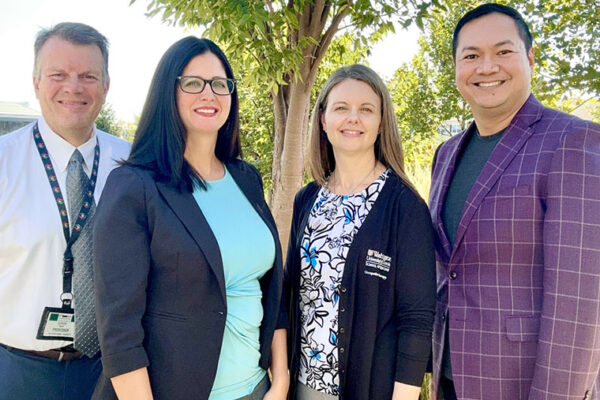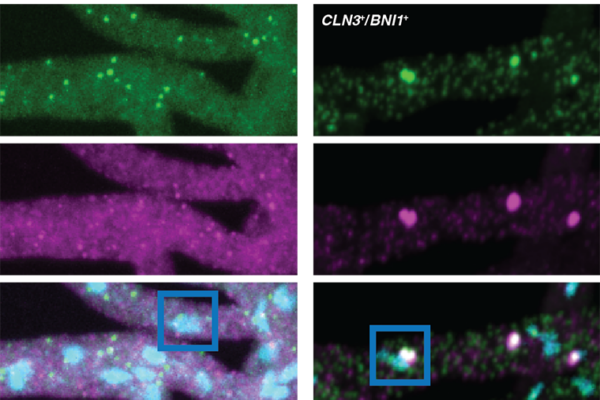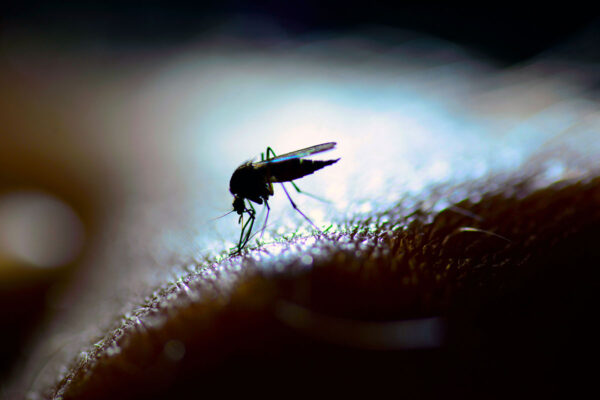Three receive grant for NK cell-based therapy trial for kids with AML
Todd A. Fehniger, MD, PhD, and co-principal investigators Jeffrey J. Bednarski, MD, PhD, and Thomas Pfeiffer, MD, all at the School of Medicine, have received a total of $1.4 million from the Leukemia & Lymphoma Society, the Rising Tide Foundation for Clinical Cancer Research and Siteman Kids to support a clinical trial of a novel cell-based immunotherapy.
Ciorba receives grant to evaluate treatment for colorectal cancer
Matthew A. Ciorba, MD, a professor of medicine and director of the Inflammatory Bowel Disease Center at the School of Medicine, has received a $2.8 million award from the National Institutes of Health (NIH) to evaluate a new treatment for colorectal cancer.
Humphreys receives $4.5 million NIH grant for kidney disease research
Benjamin Humphreys, MD, PhD, at the School of Medicine, has received a five-year $4.5 million grant from the National Institutes of Health (NIH) for research into chronic kidney disease.
Ashrafi receives Ben Barres Early Career Acceleration Award
Ghazaleh Ashrafi, an assistant professor of cell biology and physiology at the School of Medicine, has been awarded a four-year $1.2 million Ben Barres Early Career Acceleration Award as part of the Chan Zuckerberg Initiative’s Neurodegeneration Challenge Network.
Engineering customizable bio-adhesives for personalized medical repair
Researchers working with Fuzhong Zhang at the McKelvey School of Engineering have genetically engineered a protein-based bio-adhesive with programmable material properties.
Program in Occupational Therapy receives $1.1 million grant
The Program in Occupational Therapy at the School of Medicine received a $1.1 million grant from the U.S. Department of Education’s Special Education – Personnel Development to Improve Services and Results for Children with Disabilities Program.
Condensates’ composition determined by when RNA is added
Collaborative research from Rohit Pappu’s laboratory at the McKelvey School of Engineering, published in Nature Communications, shows that timing matters when it comes to the order of how different RNA molecules are added to condensates.
Kwon receives CDC grant to study viral transmission within households
Jennie H. Kwon, DO, an associate professor of medicine and chief of the section of Healthcare Epidemiology & Antimicrobial Stewardship at the School of Medicine, has been awarded a $3.6 million grant from the Centers for Disease Control and Prevention to lead a multisite clinical study.
Improving autonomous driving
Nathan Jacobs at the McKelvey School of Engineering led a team that developed a joint learning framework to enhance two closely related computer vision tasks critical in autonomous driving applications.
Researchers identify way to block alphavirus infection
Researchers at Washington University School of Medicine in St. Louis have found an innovative way to block infection by a variety of alphaviruses, a group of mosquito-borne viruses that can cause joint and brain infections in people.
View More Stories
